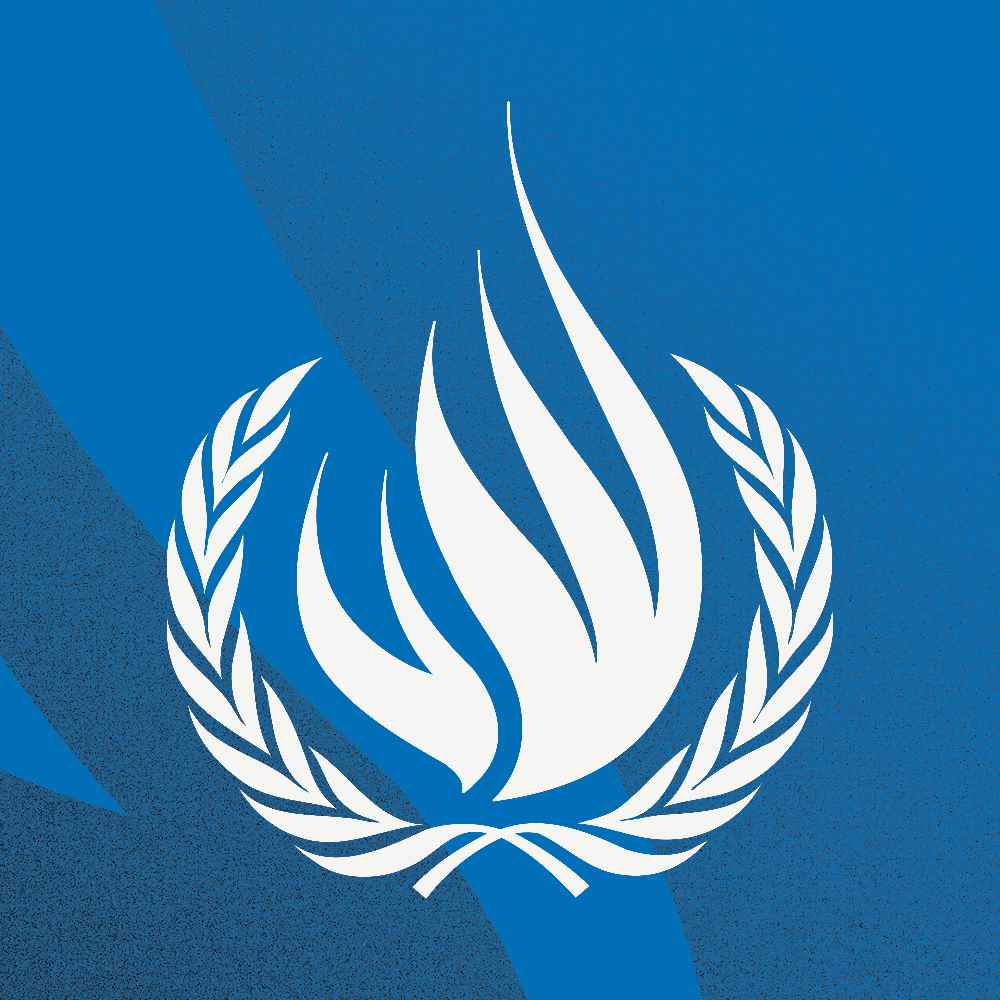
GENEVA – UN human rights experts* today expressed their dismay over the confirmation of the death in custody of Jamshid Sharmahd in Iran.
The body of Sharmahd, who was reported to have died in custody in October 2024, has been released by Iran recently. "His death in custody and the delay in the dignified return of his body to the family violate their human rights and cause additional mental suffering," the experts said.
“The death of the 69-year-old after years of arbitrary detention is appalling especially considering he was subjected to kidnapping, and violations of numerous fundamental rights including his right to a fair trial,” they said.
Sharmahd, born in Iran, was a naturalised citizen of Germany and lived in the United States. He was a journalist and activist who had criticised the Government of Iran through his website.
In 2020, while transiting in the United Arab Emirates during a business trip, he was subjected to an ‘extraordinary rendition’ by the Iranian authorities, who arrested him without a warrant.
On 1 August 2020, the Iranian authorities published a video in which Sharmahd appeared blindfolded and confessed to crimes against the Government. The Minister of Intelligence of Iran stated that the authorities were able to capture him following “a complex operation.”
He was sentenced to death in 2023 for the capital offence of “corruption on Earth”, a sentence later confirmed by the Iranian Supreme Court.
In 2022, the Working Group on Arbitrary Detention (WGAD) issued an opinion concluding that the detention of Jamshid Sharmahd was arbitrary.
The Working Group said that “the circumstances of Mr. Sharmahd’s arrest render his detention contrary to applicable international norms and constitute a violation of the right to liberty, irrespective of the nature and motives of the accusations against him.”
“Both human rights law and the anti-terror conventions adopted under the auspices of the United Nations enshrine a clear preference for extradition, according to non-refoulement requirements, as the legal framework for such transfers. The practice of so-called ‘renditions’, on the contrary, is not compatible with international law because it is aimed at avoiding all procedural safeguards,” the experts said.
“The circumstances that led to Mr. Sharmahd’s detention, namely being kidnapped, and illegally transferred from one State to another, outside the realm of any international or national legal procedure, can only lead to the conclusion that his detention is devoid of any legal basis,” the Working Group said in its 2022 opinion adding that it considers his arrest, and detention was due to his legitimate exercise of freedom of opinion and expression.
“His rendition, arbitrary detention and death in custody occurred because he exercised his freedom of expression as a journalist, and journalism is not a crime,” the experts said.
Under universal standards of due process and fair trial, the imposition of the death penalty is always arbitrary and unlawful when the court ignores or discounts essential facts that may significantly influence a capital defendant’s motivations, situation and conduct. “Only full respect for stringent fair trial and due process guarantees distinguishes capital punishment as strictly permitted under international law from a summary execution,” the experts said.
The experts called on Iran to halt all judicial executions noting its irreversibility.
Mr. Matthew Gillett (Chairperson), Ms. Priya Gopalan (Vice Chair on Follow-up), Ms. Miriam Estrada Castillo and Mr. Mumba Malila Working Group on Arbitrary Detention; Mr. Morris Tidball-Binz, Special Rapporteur on extrajudicial, summary or arbitrary executions; Ms. Irene Khan, Special Rapporteur on the promotion and protection of the right to freedom of opinion and expression and Ms. Mai Sato Special Rapporteur on the situation of human rights in the Islamic Republic of Iran.
The Special Rapporteurs, Independent Experts and Working Groups are part of what is known as the Special Procedures of the Human Rights Council. Special Procedures, the largest body of independent experts in the UN Human Rights system, is the general name of the Council’s independent fact-finding and monitoring mechanisms that address either specific country situations or thematic issues in all parts of the world. Special Procedures’ experts work on a voluntary basis; they are not UN staff and do not receive a salary for their work. They are independent from any government or organization and serve in their individual capacity.
For more information and media requests please contact: hrc-wg-ad@un.org
For media enquiries regarding other UN independent experts, please contact: Maya Derouaz (maya.derouaz@un.org) or Dharisha Indraguptha (dharisha.indraguptha@un.org)
Follow news related to the UN"s independent human rights experts on Twitter @UN_SPExperts









